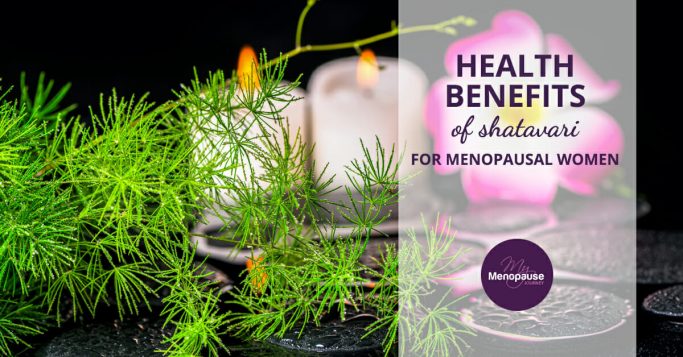From leaves to roots, humanity has maximized the use of licorice plants. As a favorite ingredient of the most delicious and healthy foods, tobacco making, beverages, and its wide medicinal use, the licorice plant has been helping us to live well and get better. This plant also plays a significant role in the treatment and reduction of menopausal symptoms.
What is Licorice?
Licorice, or Glycyrrhiza glabra, is a legume mostly found in India, southern Europe, and parts of Asia. Its roots are the ones used for its benefits, specifically its medicinal use. It is highly popular in the UK, Sweden, Netherlands, Finland and Northern Germany. It has been traditionally used in different parts of the world in Ayurveda for rejuvenation.
For medicinal purposes, licorice is often consumed as an herbal extract. You can get some products from the health food stores in the market. It is also highly possible to find this herb as a supplement. It can be taken mostly as tea or extract.
Licorice for Menopause
The herb affects the adrenal glands and kidneys. Due to this, it reduces menopause symptoms such as depression, hot flashes, mood swings, fatigue, and urinary incontinence. It also has anti-inflammatory properties and good for the digestive tract.
How Licorice Works
It affects the adrenal gland, which takes over estrogen and progesterone production when the ovaries fail. If the ovaries are not functioning right, as well as the adrenal gland, more symptoms of menopause arise. Many women in Westernized countries have stressed out ovaries, so piling women are encouraged to use licorice products.
It also contains lots of nutrients needed by the body for holistic wellness. Its roots are rich in niacin, chromium, magnesium and silicon.
Other Uses of Licorice
Licorice has a long list of medicinal uses. Many products have used their roots to come up with different products. It helps in heartburn, stomach ulcers, and chronic gastritis or inflammation of the lining of the stomach.
Others also use it for infections caused by bacteria or viruses, bronchitis, cough, and sore throat. It also benefits patients with osteoarthritis, liver disorders, malaria, tuberculosis, food poisoning, systemic lupus erythematosus (SLE) and chronic fatigue syndrome (CFS).
In combination with other ingredients, it can be used for prostate cancer, eczema (skin disorder), and oily scalp or hair.
amzn_assoc_placement = “adunit0”;
amzn_assoc_tracking_id = “mymeno089-20”;
amzn_assoc_ad_mode = “search”;
amzn_assoc_ad_type = “smart”;
amzn_assoc_marketplace = “amazon”;
amzn_assoc_region = “US”;
amzn_assoc_default_search_phrase = “licorice root”;
amzn_assoc_default_category = “All”;
amzn_assoc_linkid = “7da7d12d2bc7503d12eef1472a123984”;
amzn_assoc_design = “in_content”;
Are you using Licorice? Did it help you feel better?
Share it with us below!
And don´t forget to sign up for our newsletter.
You will get good information on how to feel good on your menopause journey.
👉 What to Do Next
Don’t go just yet — especially if you’ve been feeling off and no one’s given you real answers.
Go to the START HERE page.
It’s where things begin to feel clearer. No more second-guessing, no more sorting through conflicting advice. Just calm, honest support for where you are right now.
And if you haven’t yet, download the FREE GUIDE.
It’s quick, clear, and made to help you feel better — without having to turn your whole life upside down.


Gita is the founder of My Menopause Journey. Since 2014, she has been supporting midlife women by sharing hard-earned learnings from her own experience. To advance her knowledge, Gita puts a lot of her time and effort into understanding the broad spectrum of women’s health. She immerses in extensive research about the physical, mental and emotional aspects of menopause. Gita believes in the life-changing power of healthy, holistic living — this is where she anchors her message to all women. Learn more about her marvelous mission in About us - My Menopause Journey.




